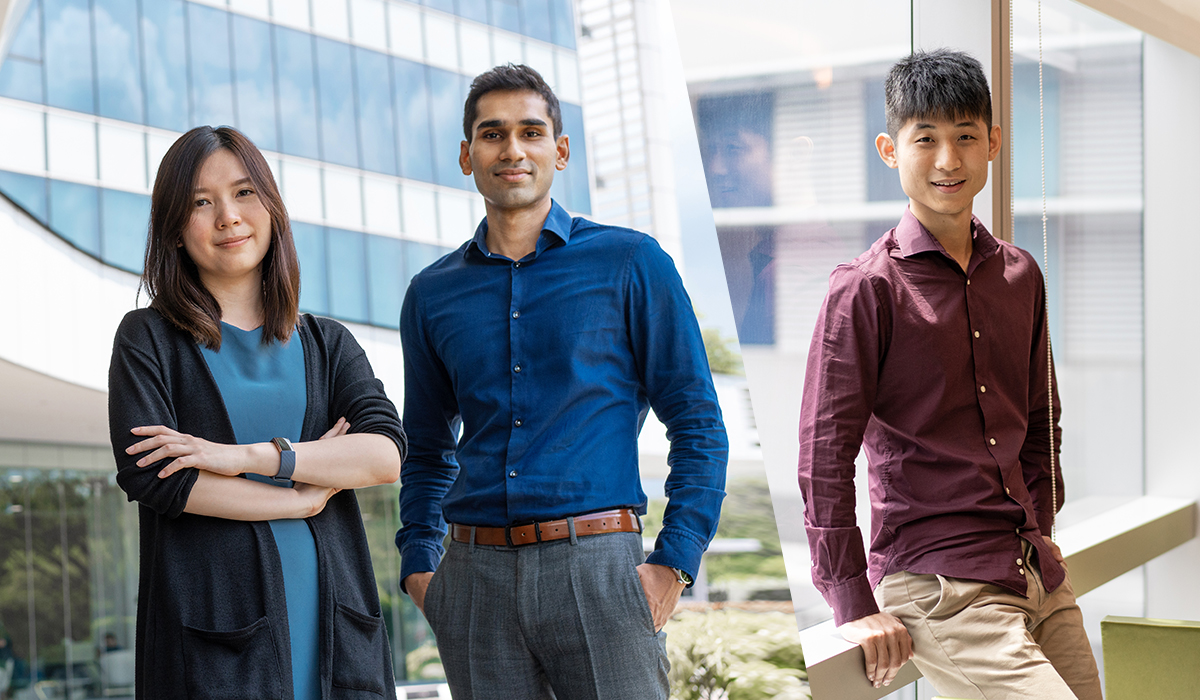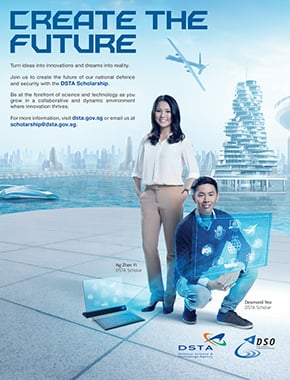TTo meet the defence and national security needs of Singapore, the Defence Science and Technology Agency (DSTA) and DSO National Laboratories (DSO) harness science and technology to provide leadingedge technological solutions for the Singapore Armed Forces (SAF).
Facilitating the growth of new generations of talent, the DSTA Scholarship offers passionate individuals opportunities to develop their expertise and carve out a career as they contribute to the nation. Yong Ruo Xi, 26, Akash Philip, 28, and Tan Ping Liang, 26, give us some insight into the doors that the scholarship has opened to them.
Could you share more about the internship opportunities and overseas exposure that the DSTA scholarship enabled you to take part in?
Ruo Xi: During my studies, I did a school project with a company that used Internet-of- Things (IoT) technology and machine learning to tailor homes for their customers. At that time, this was very advanced technology that few places were utilising. It was interesting to observe how data could be collected from IoT devices and analysed to identify trends in usage patterns which can be adapted to improve the homeowner’s lifestyle. This process of uncovering useful, actionable insights proved relevant to my current work.
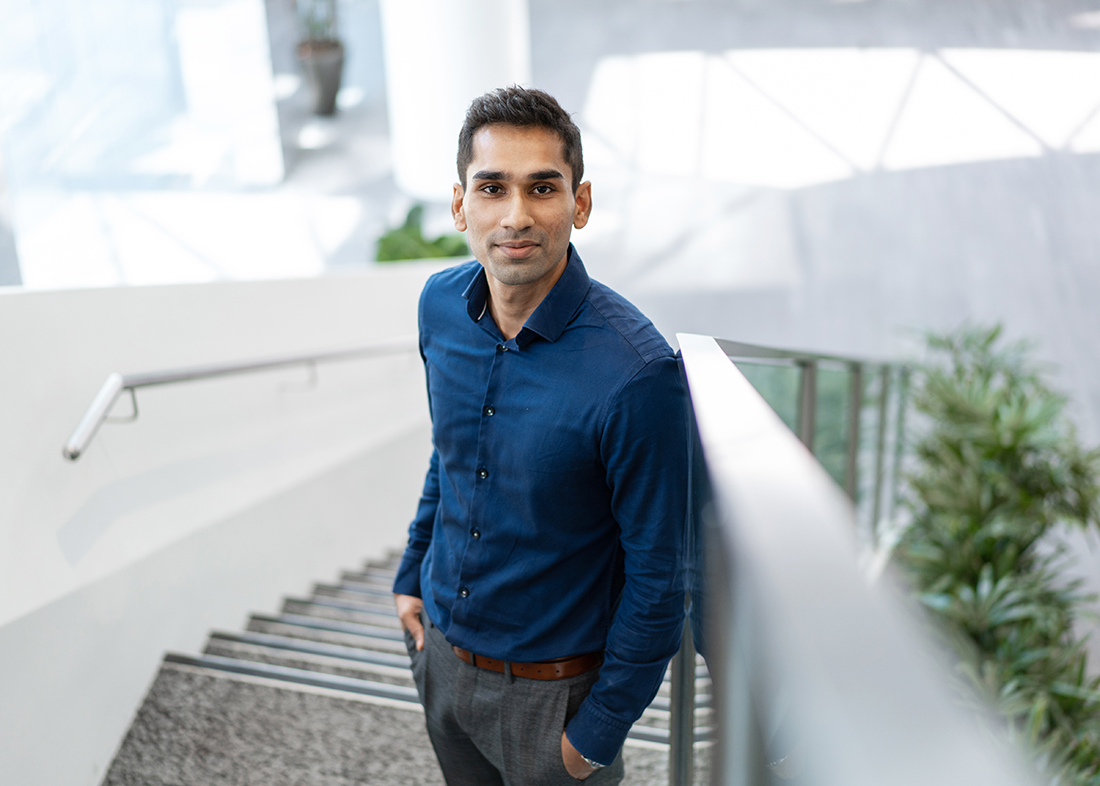
Akash Philip
DSTA Scholarship
Senior Engineer,
National Security
Master in Electrical &
Electronic Engineering
– Imperial College London
Akash: During my holiday breaks, I completed a few internships at DSTA, and was exposed to the wide range of work available in DSTA. For example, during one of my internships, I was able to value add to the team by developing a solution for 3D reconstruction from imagery. Through the internships, I gained a better understanding of the kind of work I want to do.
Ping Liang: During my third summer holiday, I undertook an eight-week Global Internship Programme (GIP) at Airbus Defense and Space (Toulouse). Through the internship, I had a taste of ionospheric physics, as well as how the engineering community builds mathematical models of the ionosphere in order to solve practical problems related to communications and navigation.
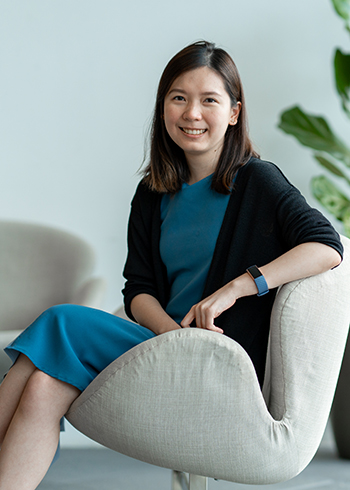
Yong Ruo Xi
DSTA Scholarship
Development Programme
Manager, C3 Development
Master in Electrical &
Electronic Engineering
– Imperial College London
Tell us more about your current roles and responsibilities.
Ruo Xi: I develop command and control (C2) systems that combine and process data to improve situational awareness for the Singapore Armed Forces (SAF). Think of how navigation apps such as Google Maps pull information from various sources so drivers can arrive smoothly at their destination. In a similar manner, C2 systems integrate and present data in the context of the SAF’s operational tasks. This helps commanders and soldiers share information and coordinate missions. As the SAF gets more interconnected, I believe digital technologies like data analytics will continue to play a big role in realising a networked force.
Akash: As a senior engineer in the National Security PC, my work involves leveraging AI through video analytics to enhance security operations. For example, AI can be applied to security cameras to automatically detect if a suspicious object has been left unattended and to alert the relevant authorities. As AI is a fastdeveloping area, there is a lot of potential in harnessing it for our nation.
Ping Liang: I am a Member of Technical Staff in DSO, Electronic Systems, working on communication systems. My role is best described as a research engineer. Let me illustrate: My lab has a general research direction, say improve the performance of system X or create an additional feature. My role then is to create prototypes in line with that direction. My colleague, supervisor, or I can propose a method which I will implement, and later craft experiments to test it. Through cycles of iteration and evaluation, we evolve a prototype that eventually transits into deployment.
How do you feel about the scope of career opportunities available to DSTA Scholars?
Ruo Xi: There are a lot of fields to work on in DSTA, ranging from weapon systems to digital technologies and cybersecurity. Most of my work involves integrated teams consisting of engineers with diverse expertise, so we get to learn from one another as well deliver the project together. At DSTA, I have also attended many courses to improve both my engineering and soft skills. For example, I had the opportunity to go on courses about agile software development for faster IT systems implementation.
Akash: The career opportunities here are diverse and challenging, so you will never be bored and there are always abundant opportunities to learn! To equip me sufficiently with the skillset required to be efficient in my work, I have also attended several courses such as AI upskilling, design innovation, and video analytics courses, just to name a few. Apart from my daily work, I have also had the opportunity to be involved in organising DSTA’s Hackerfest 18, an event to engage technology partners and start-ups.
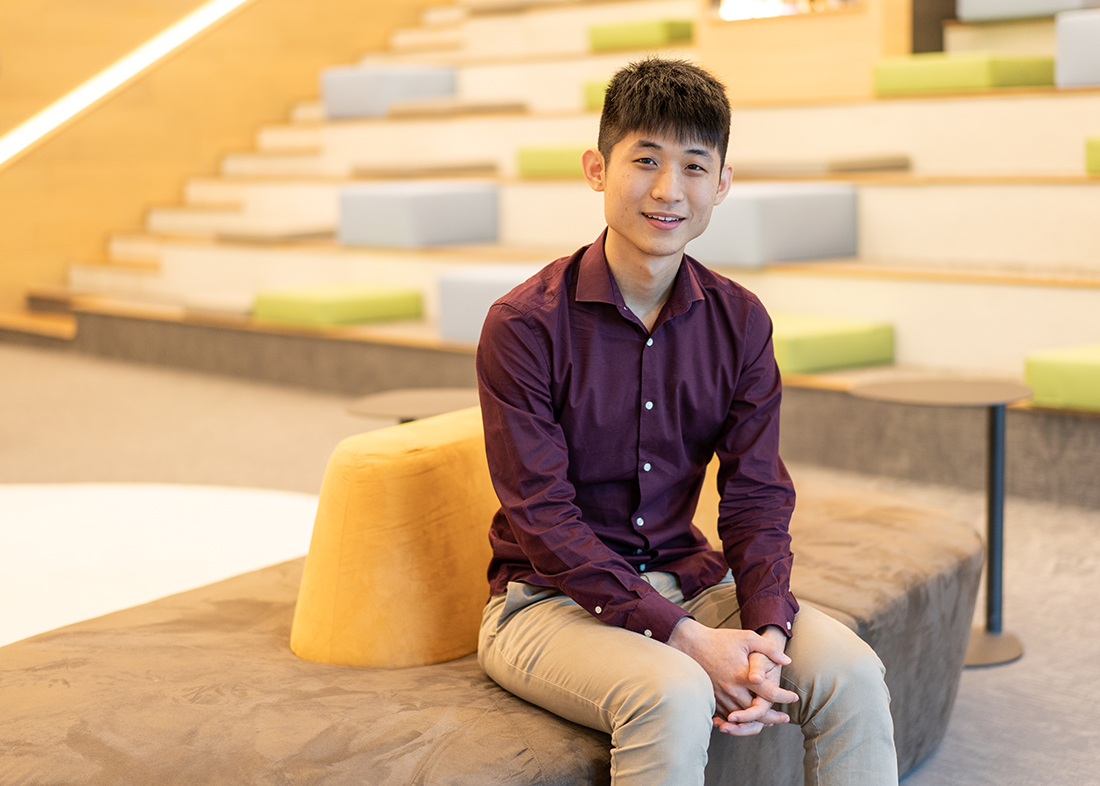
Tan Ping Liang
DSTA Scholarship
Member of Technical Staff
Master of Philosophy
(Machine Learning, Speech
& Language Technology)
– University of Cambridge
Bachelor of Arts
(Natural Sciences Tripos)
– University of Cambridge
Ping Liang: I feel that there is a lot of room to grow, learn, and take up responsibilities as DSO engineers. DSO puts emphasis on the need for its engineers to gain deep domain expertise and specialisation early in one’s technical career. To that end, DSO College puts together an increasingly established series of courses to help new engineers familiarise with defence technologies, some concepts of which are not found in university curriculums. The list of courses provided also cover a wide range of subjects for you to choose from. But that is not to say that soft skills are neglected. Learning and Development regularly puts up soft skill courses conducted by professional trainers.
What should aspiring scholars who are thinking of applying to the scholarship keep in mind?
Ruo Xi: Having a passion for defence and engineering is a must, but ultimately, the solutions that we deliver are for our nation’s security and safety of our citizens and armed forces. This is what motivates us at work, and what aspiring scholars should keep in mind too. At DSTA, we work with very exciting and advanced technologies, but we have to always remember that our goal is to provide solutions for the SAF, and not simply to use the latest technology.
Akash: Defence is critical for the safety and security of Singapore, so if you have the passion for engineering and want to be part of something big, this is definitely the place for you! The work we do has a direct impact for Singapore. It is a challenging but rewarding job.
Ping Liang: Before I took up the scholarship, I wondered how much a Physics degree would help me in my eventual job, which was more likely to call on engineering skills rather than physics. When I started work, my worries proved true as I lacked domain knowledge and was not familiar with the cycle of research prototyping. However, I’d like to reassure prospective scholars with the same worries – this is inevitable for any fresh graduate. Your university education will not be able to teach you everything you need to know to do your job. It’s more important to keep an open mind towards continuous learning!

